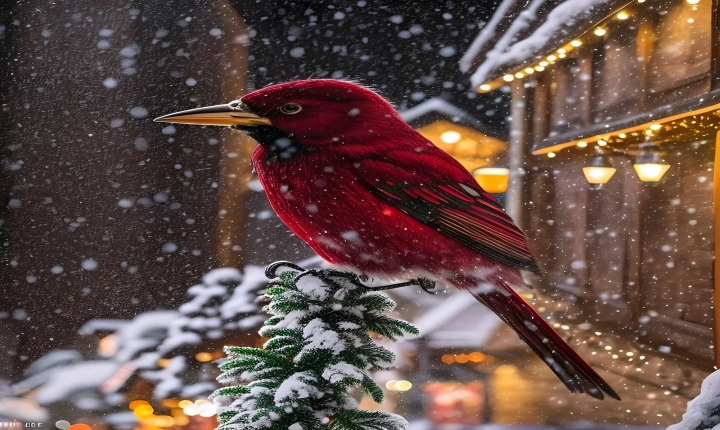Title: Did AI Make This? The Growing Influence of Artificial Intelligence in Creative Works
Artificial Intelligence (AI) has made significant strides in recent years, transforming various industries and processes through its advanced capabilities. One of the most intriguing developments is AI’s foray into the realm of creative works, including painting, music composition, and even writing. The question “Did AI make this?” has become increasingly common as AI-produced works gain recognition and appreciation.
In the realm of visual arts, AI has been used to create stunning and thought-provoking paintings. Artists and programmers have collaborated to develop algorithms that can analyze existing artworks, learn various artistic styles, and subsequently generate original pieces. By leveraging these technologies, AI systems are able to produce paintings that exhibit complexity, emotion, and originality. The resulting works often blur the line between what is traditionally considered human and machine creativity, prompting viewers to reconsider their perceptions of artistry and authorship.
Similarly, AI has made substantial strides in the domain of music composition. Through the use of machine learning and deep learning techniques, AI systems have been trained on vast catalogues of music to understand patterns, structures, and nuances within compositions. This knowledge enables AI to create new musical pieces that reflect diverse genres and styles, spanning classical, jazz, pop, and more. Some AI-generated music has been met with acclaim, prompting discussions about the role of AI as a legitimate contributor to the music industry.
In the realm of writing, AI has demonstrated its ability to craft captivating narratives and compelling prose. Natural language processing and generation models have been trained on extensive collections of literary works, enabling them to produce coherent and contextually relevant written content. From short stories to news articles, AI is capable of generating a wide range of text-based works that exhibit linguistic fluency and creativity, often prompting readers to ponder the implications of AI’s impact on the field of literature.
While these advancements in AI-generated creative works are undeniably impressive, they also raise thought-provoking questions about the nature of human creativity, originality, and authorship. As AI continues to play a more prominent role in producing artistic and literary content, it challenges our understanding of what it means to create something truly unique and profound.
Moreover, the ethical and legal implications of AI-generated works are a growing area of concern. Questions surrounding intellectual property rights, copyright laws, and the attribution of credit to AI systems are complex and multifaceted. As we navigate this evolving landscape, it becomes increasingly important to establish frameworks that acknowledge the contributions of AI while safeguarding the rights and interests of human creators and innovators.
Despite these challenges, the emergence of AI-generated creative works presents a wealth of opportunities to expand artistic expression, bridge cultural divides, and inspire new forms of collaboration between humans and machines. As AI continues to evolve, it is poised to enrich and diversify the creative landscape in ways that were previously unimaginable.
In conclusion, the question “Did AI make this?” underscores the transformative impact of AI on the creation of art, music, and literature. As AI systems continue to push the boundaries of what is possible, they invite us to reevaluate our perceptions of creativity, collaboration, and innovation. The intersection of AI and creative works represents a compelling frontier, one that holds the promise of reshaping our understanding of human ingenuity while sparking new avenues for artistic exploration.
